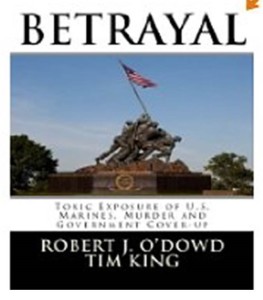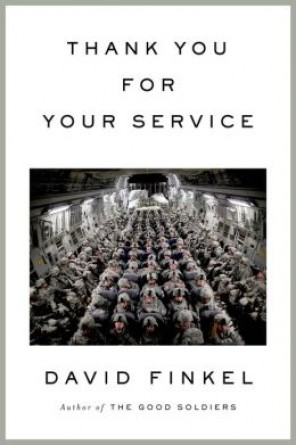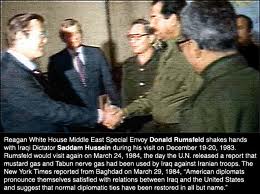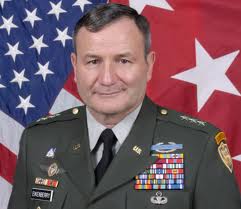
This should be read by everyone who believes that those within the DC-BELTWAY are here to protect and represent you and your families. I can personally tell you how vicious they can be when you are about to expose them. They assassinated my brother, Colonel James e. Sabow, USMC, Jimmy. and they have tried everything on me -short of murder. They have attacked me through the IRS, my professional medical credentials, the narcotics control agency, the Social security Administration, to name a few. My representatives in my state of South Dakota (past and present) won't even talk to me after they realize what has occurred. Senators Daschle, Tim Johnson, Larry Pressler and John Thune have all have all demonstrated their cowardice and their true colors. Each and everyone of them know that Col. Sabow was murdered and most of them suspect or know why. But they all remain silent! What character!

BETRAYAL is a true story of U.S. Marines who were exposed to carcinogens, injured, and continue for fight for health care and compensation. This nonfiction account was written by two U.S. Marines who were both assigned to the most contaminated site at Marine Corps Air Station El Toro, CA. Senior Marine Corps leadership were involved in murder, crime scene cover-up, narcotrafficking (cocaine, the drug of choice), the shredding of records, and the denial of injuries from exposure to deadly contaminants at both El Toro and Camp Lejeune, NC. The connection is not a square peg in a square hole, but its damn close. Thousands of veterans and their families were once stationed at El Toro, the premier Marine Corps jet fighter base closed in July 1999. Legislation to provide health care for Camp Lejeune, an active military installation, was passed in the 112th Congress. However, no veteran compensation was included in the Janey Ensminger Act. None of the veterans that served aboard these two installations were notified of their exposure to deadly contaminants when it was discovered resulting in both bases earning Superfund Cleanup Site status. Many veterans have died without ‘connecting the dots’ between their killing diseases and military service.







